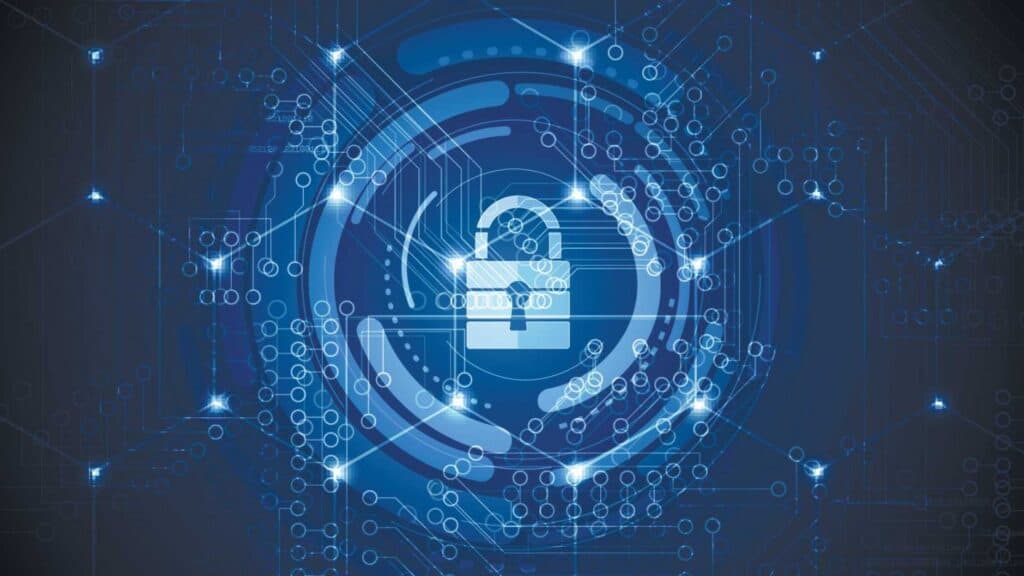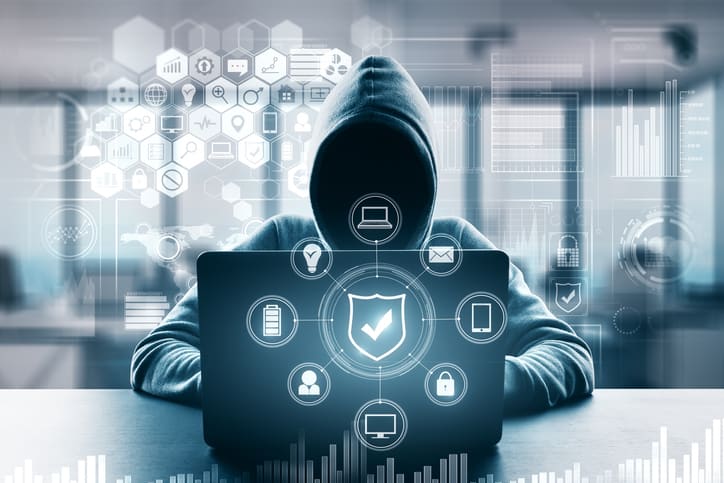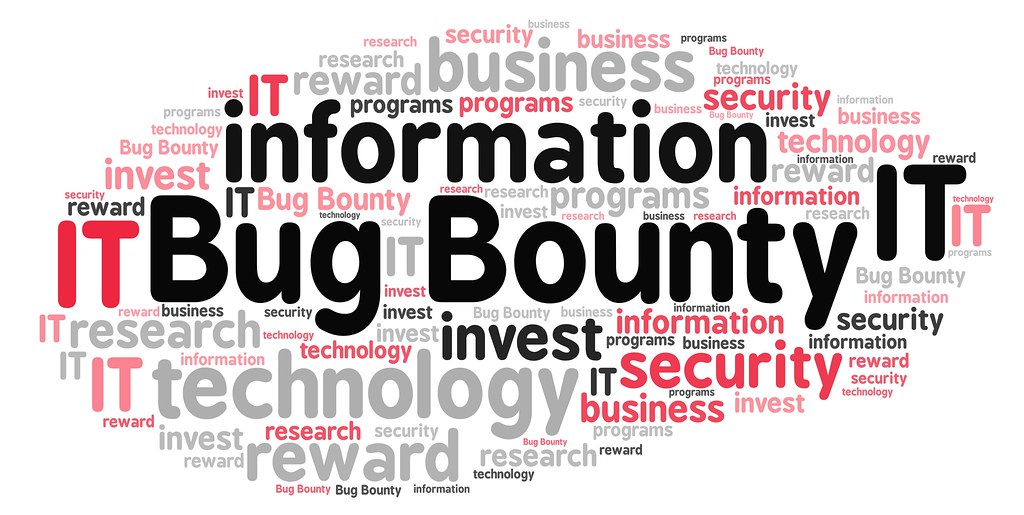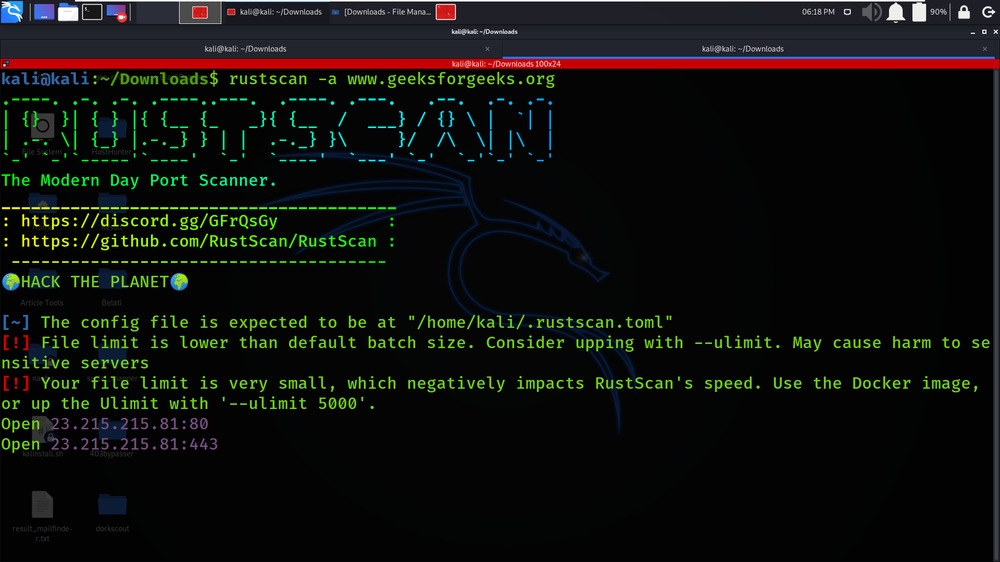What is Cybersecurity (simple explanation)
Have you ever wondered what cybersecurity is all about? Well, let me break it down for you in a jiffy. Cybersecurity is like having a super cool shield that protects your digital world from sneaky bad guys. It’s all about keeping your computer, smartphone, and online accounts safe from hackers and other cyber villains. You know how you lock your front door to keep unwanted visitors out? Cybersecurity is just like that but for your online stuff. It involves using smart techniques, fancy software, and good ol’ common sense to keep your personal information, like passwords and credit card details, secure and out of the wrong hands. So, the next time you hear about cybersecurity, just think of it as your trusty digital guardian, keeping you safe in the vast and exciting realm of the internet!
Identify Your Areas of Interest
Cybersecurity is a vast field with various specializations. Take a moment to explore the different domains and identify the areas that pique your interest. Some popular branches include network security, web application security, ethical hacking, incident response, and digital forensics. By pinpointing your passion, you can tailor your learning journey accordingly and focus on acquiring the necessary skills for your chosen path.
There are several other branches or niche areas within the field of cybersecurity.
-
Mobile Security:
Keeping smartphones and apps safe from hackers and protecting your personal data.
-
Network Security:
Building strong digital defenses to stop cyber intruders from sneaking into computer networks and stealing information.
-
Web App Security:
Safeguarding websites and online apps from tricky attacks to ensure your online interactions are secure.
-
Incident Response:
Springing into action when security alarms go off, swiftly handling and resolving cyber threats to keep everything running smoothly.
-
Digital Forensics:
Playing cyber detectives, uncovering evidence on devices like computers and phones to catch cybercriminals.
-
Cloud Security:
Locking down cloud storage and apps to prevent unauthorized access and keep your data safe and private.
-
Ethical Hacking:
Becoming a friendly hacker to find vulnerabilities in systems, helping organizations stay safe from bad hackers.
-
IoT Security:
Protecting smart devices like home appliances from cyber bad guys to make sure your connected life is secure.
-
Wireless Security:
Safeguarding Wi-Fi and Bluetooth connections to keep hackers from sneaking in through the airwaves.
-
Social Engineering:
Understanding human behavior to outsmart cyber tricksters who try to manipulate you for their gain.
-
Cryptography:
Creating secret codes to keep your sensitive information under lock and key, away from prying eyes.
-
Threat Intelligence:
Being cyber spies, tracking and analyzing emerging threats to keep you informed and protected.
-
Malware Analysis:
Investigating and defeating malicious software by studying their behavior and finding ways to stop them in their tracks.
Learn, Learn, Learn
Cybersecurity is a continuously evolving field, so continuous learning is the key to staying ahead. Start by researching and reading books, blogs, and articles written by cybersecurity experts. Online platforms like Cybrary, Udemy, and Coursera offer a wide range of courses, both free and paid, that cater to all skill levels. Begin with beginner-friendly courses and gradually advance to more specialized topics as your knowledge grows.
Hands-On Practice
Theory is great, but hands-on experience is where real learning happens. Set up your own virtual lab environment using platforms like VirtualBox or VMware. Experiment with various cybersecurity tools, practice setting up firewalls, detecting vulnerabilities, and analyzing potential threats. Additionally, consider participating in Capture the Flag (CTF) competitions or joining cybersecurity communities where you can collaborate with like-minded individuals and gain practical experience.
Certifications
Certifications are crucial in the cybersecurity world as they validate your skills and knowledge. Here are some key certifications:
-
Certified Information Systems Security Professional (CISSP):
The CISSP certification from (ISC)² is highly valued in the industry, validating your expertise in IT security and ability to design and execute effective cybersecurity programs. Click on the title to learn more about the highly valued CISSP certification from (ISC)².
-
Certified Information Systems Auditor (CISA):
The CISA certification from ISACA showcases your skills in assessing security vulnerabilities, designing controls, and reporting on compliance, making it a recognized credential for cybersecurity auditing. Click on the title to learn more about the highly valued CISA certification from ISACA.
-
Certified Information Security Manager (CISM):
With the CISM certification, you can validate your management skills in information security, covering areas such as governance, program development, incident management, and risk management. Click on the title to learn more about the highly valued CISM certification.
-
CompTIA Security+:
CompTIA Security+ is an entry-level certification that demonstrates your foundational knowledge and skills in evaluating security, protecting cloud/mobile/IoT environments, understanding risk and compliance, and responding to security incidents. Click on the title to learn more about the highly valued CompTIA Security+ certification.
-
Certified Ethical Hacker (CEH):
The CEH certification, offered by EC-Council, allows you to legally hack organizations and uncover security weaknesses. It demonstrates your skills in penetration testing, attack detection, and prevention, enabling you to contribute to cybersecurity efforts. Click on the title to learn more about the highly valued CEH certification.
-
GIAC Security Essentials Certification (GSEC):
The GSEC certification from GIAC validates your skills in key security areas such as active defense, network security, cryptography, incident response, and cloud security. Click on the title to learn more about the highly valued GSEC certification.
-
Systems Security Certified Practitioner (SSCP):
SSCP, an intermediate-level certification from (ISC)², showcases your ability to design, implement, and monitor secure IT infrastructures. It covers access controls, risk analysis, security administration, incident response, cryptography, and more. Click on the titleto learn more about the highly valued SSCP certification.
-
CompTIA Advanced Security Practitioner (CASP+):
CASP+ is designed for cybersecurity professionals with advanced skills, focusing on enterprise security, risk analysis, software vulnerability, cloud security, and cryptographic techniques. Click on the title to learn more about the highly valued CASP+ certification.
-
GIAC Certified Incident Handler (GCIH):
GCIH certification validates your expertise in offensive operations, including incident handling, computer crime investigation, hacker exploits, and hacker tools, equipping you to detect, respond, and defend against attacks. Click on the title below to learn more about the highly valued GCIH certification.
-
Offensive Security Certified Professional (OSCP):
OSCP is a highly regarded certification in the cybersecurity field, emphasizing practical skills through a rigorous penetration testing exam. It demonstrates your ability to identify vulnerabilities, navigate networks, and document findings. Click on the title to learn more about the highly valued OSCP certification.
-
Certified Information Privacy Professional (CIPP):
Demonstrates expertise in privacy laws, regulations, and best practices to effectively manage and protect personal information. Click on the title to learn more about the highly valued CIPP certification.
-
Certified Cloud Security Professional (CCSP):
Validates skills in securing cloud environments, including architecture, design, operations, and compliance. Click on the title to learn more about the highly valued CCSP certification.
-
Certified Incident Response Handler (CIRH):
Focuses on incident response techniques, including detection, analysis, containment, and recovery. Click on the title to learn more about the highly valued CIRH certification.
-
Certified Digital Forensics Examiner (CDFE):
Validates skills in collecting, analyzing, and preserving digital evidence for legal investigations. Click on the title to learn more about the highly valued CDFE certification.
-
Certified Wireless Security Professional (CWSP):
Demonstrates expertise in securing wireless networks, including Wi-Fi and Bluetooth, against vulnerabilities and attacks. Click on the title to learn more about the highly valued CWSP certification.
-
Certified Secure Software Lifecycle Professional (CSSLP):
Validates skills in secure software development and managing the application security lifecycle. Click on the title to learn more about the highly valued CSSLP certification.
-
Certified Information Systems Risk Manager (CISRM):
Focuses on risk management strategies and techniques to identify, assess, and mitigate information security risks. Click on the title to learn more about the highly valued CISRM certification.
-
Certified Penetration Testing Engineer (CPTE):
Validates skills in conducting penetration tests to identify vulnerabilities and recommend remediation measures.Click on the title to learn more about the highly valued CPTE certification.
-
Certified Information Systems Auditor (CISM):
Demonstrates expertise in auditing, assessing, and managing information systems to ensure security and compliance. Click on the title to learn more about the highly valued CISM certification.
-
Offensive Security Wireless Professional (OSWP):
Focuses on wireless security and demonstrates proficiency in identifying and exploiting vulnerabilities in wireless networks. Click on the title to learn more about the highly valued OSWP certification.
-
Certified Cloud Security Specialist (CCSS):
Validates skills in securing cloud environments, including cloud architecture, data protection, and compliance. Click on the title to learn more about the highly valued CCSS certification.
-
Certified Information Privacy Manager (CIPM):
Demonstrates expertise in privacy program management, including privacy governance, data protection, and regulatory compliance. Click on the title to learn more about the highly valued CIPM certification.
-
Certified Blockchain Security Professional (CBSP):
Focuses on securing blockchain technologies and validating skills in blockchain security best practices. Click on the title to learn more about the highly valued CBSP certification.
-
Certified Incident Manager (CIM):
Validates skills in managing and coordinating incident response activities, including detection, analysis, containment, and recovery. Click on the title to learn more about the highly valued CIM certification.
-
Certified Web Application Penetration Tester (C-WAPT):
Focuses on web application security testing techniques, including identifying vulnerabilities and recommending remediation measures.Click on the title to learn more about the highly valued C-WAPT certification.
-
Certified Security Awareness Practitioner (CSAP):
Demonstrates expertise in developing and implementing security awareness programs to educate and train employees on cybersecurity best practices. Click on the title to learn more about the highly valued CSAP certification.
-
Certified Data Privacy Solutions Engineer (CDPSE):
Validates skills in implementing data privacy solutions, including data protection, privacy engineering, and compliance. Click on the title to learn more about the highly valued CDPSE certification.
-
Certified Reverse Engineering Analyst (CREA):
Focuses on reverse engineering techniques to analyze and understand malware and other malicious software. Click on the title to learn more about the highly valued CREA certification.
-
Certified Cloud Forensics Examiner (CCFE):
Validates skills in conducting digital forensics investigations in cloud environments, including collecting and analyzing evidence. Click on the title to learn more about the highly valued CCFE certification.
-
Certified Threat Intelligence Analyst (CTIA):
Demonstrates expertise in gathering, analyzing, and leveraging threat intelligence to proactively identify and mitigate security threats. Click on the title to learn more about the highly valued CTIA certification.
Skills needed:
In the field of cybersecurity, there are several important skills you should know to help protect computer systems and data from unauthorized access or harm. These skills include:
- Understanding computer networks and their functioning.
- Familiarity with common vulnerabilities that can be exploited.
- Knowledge of different types of malicious software, such as viruses and malware.
- Ability to detect and mitigate security threats posed by malicious software.
- Understanding encryption and cryptographic techniques for securing sensitive information.
- Staying updated with the latest cybersecurity threats and trends.
- Performing risk assessments and developing effective security strategies.
- Possessing problem-solving and analytical skills to identify and address security issues promptly.
- Scripting languages: Knowledge of scripting languages like Python, Perl, or PowerShell can help automate security tasks, analyze logs, and develop tools for vulnerability scanning or penetration testing.
- Secure coding practices: Understanding secure coding principles and techniques helps in developing software applications with fewer vulnerabilities and reducing the risk of exploitation.
Networking and Building a Portfolio:
Networking is essential in any career, and cybersecurity is no exception. Connect with professionals in the industry through online forums, LinkedIn, or local cybersecurity meetups. Engage in discussions, ask questions, and seek mentorship to broaden your knowledge and gain valuable insights. Additionally, consider creating a portfolio showcasing your projects, challenges, and solutions. This will demonstrate your practical skills to potential employers and set you apart from the crowd. Connect with experienced cybersecurity experts, industry leaders, and like-minded individuals to gain more knowledge and expand your network. Their expertise and guidance will provide invaluable resources and opportunities for growth in your cybersecurity journey.
https://www.linkedin.com/in/heathadams/
https://www.linkedin.com/in/johnhammond010/
https://www.linkedin.com/company/hackersploit/
https://www.linkedin.com/in/bkrebs/
https://www.linkedin.com/in/andygreenbergjournalist/
https://www.linkedin.com/in/hypponen/
https://www.linkedin.com/in/grahamcluley
https://www.linkedin.com/in/danielmiessler/
https://www.linkedin.com/in/etaymaor/
https://www.linkedin.com/in/kevinmitnick/
https://www.linkedin.com/in/chuckbrooks/
https://www.linkedin.com/in/danlohrmann/
https://www.linkedin.com/in/m49d4ch3lly/
https://www.linkedin.com/in/rinkisethi/
https://www.linkedin.com/in/tylercohen78/
https://www.linkedin.com/in/billbrenner/
https://www.linkedin.com/in/richardbejtlich/
Conclusion
Congratulations on taking the first step toward a thrilling career in cybersecurity! By understanding the basics, exploring your interests, continuously learning, gaining hands-on experience, obtaining relevant certifications, and building a network, you’ll be well on your way to becoming a cybersecurity expert. Remember, the cybersecurity landscape is ever-evolving, so stay curious, adapt to new challenges, and always keep your passion for learning alive. Good luck on your journey, and may you defend the digital









